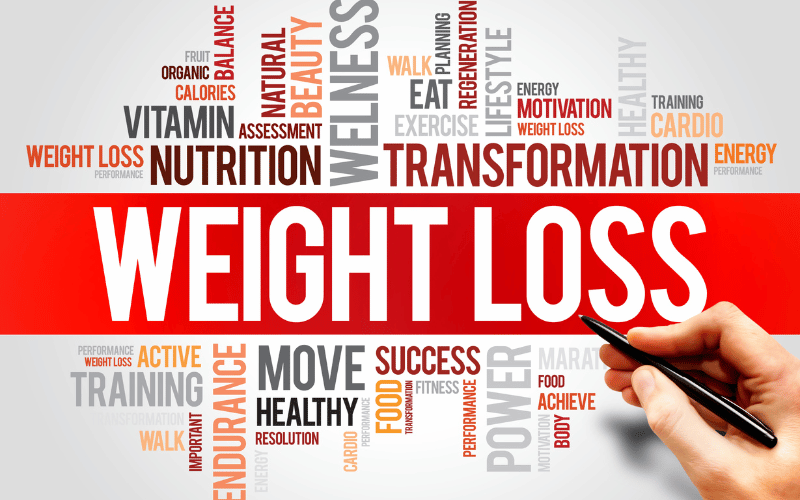Symptom 4: Weight Loss

While many yearn for weight loss as a part of personal health and aesthetic goals, an unanticipated drop in weight can be alarming. It’s not the gradual shedding of pounds due to deliberate diet and exercise changes; it’s the seemingly inexplicable weight loss over a short period. This can serve as a telltale sign of underlying issues, possibly DLBCL.
Why does DLBCL trigger such a sudden decline in weight? The body’s systems are intricately interconnected. With DLBCL, there might be an escalation in energy expenditure as the body battles the malignancy. In essence, the body could be burning calories at an alarmingly rapid rate, overshadowing regular intake. The disease might also interfere with the body’s ability to extract and utilize nutrients from consumed food.
This unexpected weight loss isn’t solely about the physical manifestation. It carries an emotional and psychological burden. The individual might experience a decline in self-esteem, concern about their changing appearance, or anxiety about the underlying causes. It becomes essential not just to address the symptom but the whole person’s well-being.
Paired with this swift weight loss might be alterations in appetite. Regular meals might seem overwhelming, with individuals feeling fuller sooner or experiencing a lack of appetite altogether. This decreased consumption, combined with the body’s heightened energy demands, compounds the weight loss.
Weight, in the context of DLBCL, isn’t just about the numbers reflected on a scale. It’s an indicator, a gauge of the body’s internal battles. Monitoring any sudden shifts, especially when they don’t align with lifestyle changes, becomes crucial. Early detection and understanding of the causes can lead to more effective interventions and can potentially halt or reverse this unintended weight loss trend. (4)